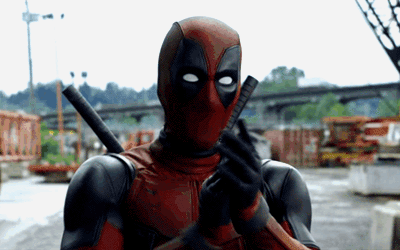Iron Man: Well, Huck is a stupid character. I mean, come on, make up your mind kid, are you a good guy or a bad guy. I mean Jim was an idiot, but at least you know he had a sense of morality. The real heroes of this story are the Duke and the Dauphin. I mean the guys scammed a whole town and made some serious money! Now that's genius.
Spiderman- I don't know man I just read it for school.
Captain America- Personally, I commend Huck for making tough decisions in morally difficult situations. Society's standards have taught him one thing, but he uses his feeling and experiences to make decisions he believes is right. I believe we saw a boy turn into a man.
Batman- I didn't like Tom. The boy was a villain. He craved the thrill of adventure so much that he would risk the lives if others for his own personal pleasure.He reminds me of the Joker.
